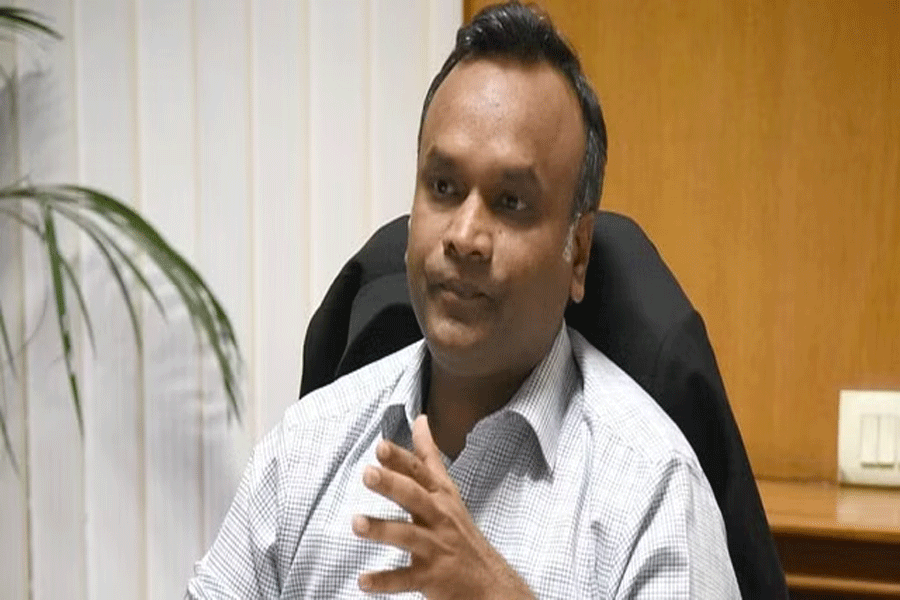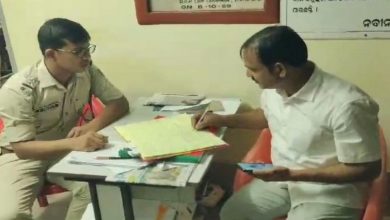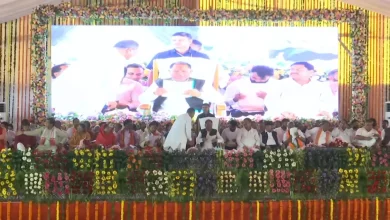
BENGALURU: The state government on Thursday announced the framework for a fact-checking unit, which is proposed to be set up to tackle fake news and misinformation. In cases of misinformation, disinformation and malinformation (MDM), the government will initiate legal action under the provisions of the Information Technology Act, IPC, or Disaster Management Act, 2005.
IT-BT Minister Priyank Kharge said the exercise will never be personal or political, but purely in the public interest. “We are not here to control or regulate anybody. We have no intention to curtail freedom of speech of any individuals or press,” Kharge clarified, substantiating the government’s move to set up the fact-checking unit by referring to a statement of the Chief Justice of India and a social media post from the Prime Minister’s Office, which stressed the need to tackle MDM.
Further, Kharge alleged that a few political parties and organisations were exploiting social media to spread misinformation for their gains. “It is essential to reduce the effect of fake news and misinformation on society,” he added.
Stating that the fact-checking unit would be made functional very soon, the minister shared the details of the proposed composition of the fact-checking unit, which comprises an Oversight Committee, Review Single Point of Contact (SPOC), and Nodal Officers.
Noting that there would be complete transparency in the process, the minister said there would be a set of guiding principles which include being apolitical and unbiased. “Fact-checking will be run on content in Kannada, English and other regional languages. The teams will rely on primary sources available and disclose all sources referred,” he said.
Public can submit content to be checked, agencies to track proactively
“In cases where facts are not clear, all available and unambiguous information will be provided. Also, details of the methodology adopted will be shared and transparent corrections will be made when new facts emerge,” Kharge explained.
Further, he said that an agency, which has expertise and experience in the field, along with technological infrastructure, would be hired, as combating fake news peddling requires advanced tools like artificial intelligence. “The public can also submit content which they feel needs fact-checking, while the agencies will also be proactively hunting.
After the review, a complaint will be lodged by the government if legal action is required. If the content requires blocking, there will be liaisoning with the Centre and if there is a breach of the social media platform’s user/public policy, it will be reported to the social media intermediaries,” the minister said.
















